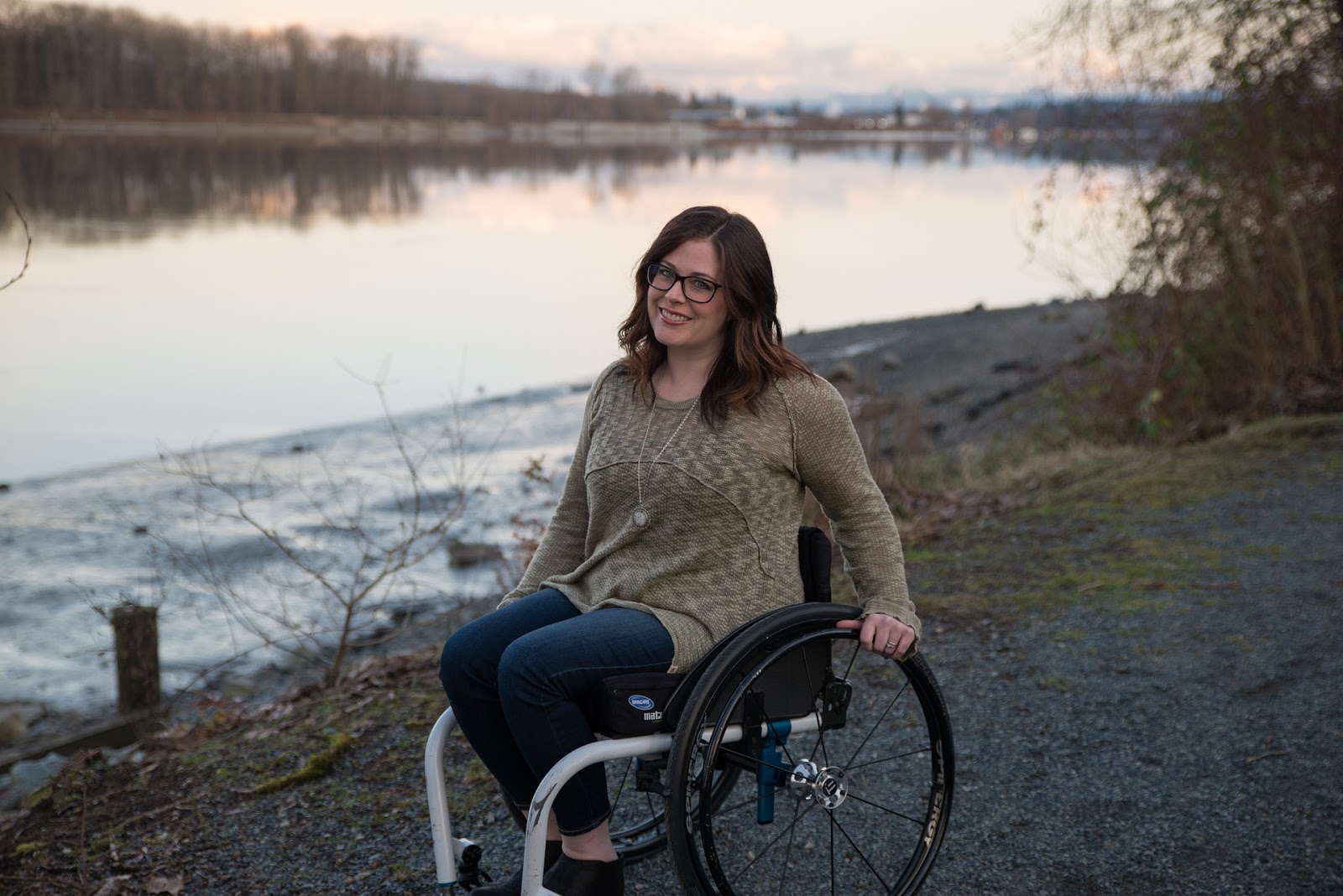 As Young Life leaders, we hear from many kids about a lot of hard
As Young Life leaders, we hear from many kids about a lot of hard
things in their lives. I don’t know about you, but I never know how to respond to them. How do you show them compassion? How can you be there for them? When should you stay silent? What do you say? It’s difficult to navigate.
One group of kids that can be especially hard to know how to relate to are chronically ill teenagers. We leaders don’t even know how to pronounce most of the diagnoses that rule their lives, let alone connect with them when illness forces their lives to be so different from the typical teen.
But as someone who was chronically ill throughout high school, I want to offer you some advice. Each student is going to have different preferences, but after talking with hundreds of chronically ill teenagers, I’ve noticed some common themes.
Don’t be afraid to ask about their illness.
There are some caveats to this. First of all, you need to sincerely care. Chronically ill people spend much of their time determining just how much someone wants to hear, so they don’t come across as dramatic or waste time explaining complex medical terms. You also need to be able to stomach some potentially disturbing details about health problems.
Chronic illness isn’t pretty. But health is forced to be such a big part of a chronically ill teen’s life, so it’s important to acknowledge that part of their life and seek to support them in it. Asking one-on-one is usually best. Asking chronically ill people about their illness in a crowd can feel — to them —like they’re being cornered and interrogated. Which isn’t the best way to lower defenses or get honest answers.
Do ask about things besides their illness.
While sickness is a large part of a chronically ill teen’s life,
it’s important to remember it’s not who they are. There is way more to them
than their disability or diagnosis. Ask about their family, hobbies, or
favorite movies as well as their health.
Obviously, be sensitive. There are many things chronically ill teens can’t do or that they used to do but can’t anymore. Make sure you see them as a person and not an illness. It can be so easy for them — and us! — to see illness as their identity. But labeling chronically ill people by their illness defines them apart from Christ, stealing their true identity as someone loved by God. We need to be aware and purposeful to treat them otherwise.
Don’t suggest magical cures.
I get it. You see someone hurting and want to help. So you share something you heard on the off chance it will give the chronically ill person you know relief or health. But chances are coconut oil isn’t going to magically fix all their health problems. For chronically ill teens, it can be exhausting to constantly field magical cures. Magical cures can give the impression that
you think their illness is so minor one simple thing will fix it, therefore
unintentionally belittling their pain.
The best thing you can do for someone who is chronically ill is to acknowledge the pain they’re facing and how hard it is. After you’ve known them for a long time and you’ve faithfully done your research, then it’s okay to share your medical advice with caution and sensitivity. Otherwise, it’s generally best to steer clear.
Do think of creative ways to involve them.
With this one, you want to be careful to avoid being patronizing or embarrassing them in front of everyone. Doing things to creatively involve them in club, Campaigners, and outings can be a huge blessing, powerfully showing them that you truly care. However, you want to be careful to accommodate in a way that doesn’t make them feel guilty or called out,
especially in front of their peers.
Chronically ill people hate being a burden and sometimes it really is best to let them do their own thing. For example, don’t making a big deal of it if they bring their own food or if they need to leave early because of low
energy.
And of course, we need to always be understanding if they need to cancel a coffee date or stay home from Club. Illness is extremely unpredictable, so never make them feel guilty for being unable to participate. Intentionally offer compassion and grace, and know that there are many aspects of their illness that they tend to hide from most people.
It can be difficult to build a relationship with someone who is chronically ill. But it’s worth it. Every teenager — including chronically ill kids — are loved by God and need to hear the gospel. So keep being faithful in the fight. Your efforts are not in vain, and with chronically ill teens little things often make the biggest impact.




